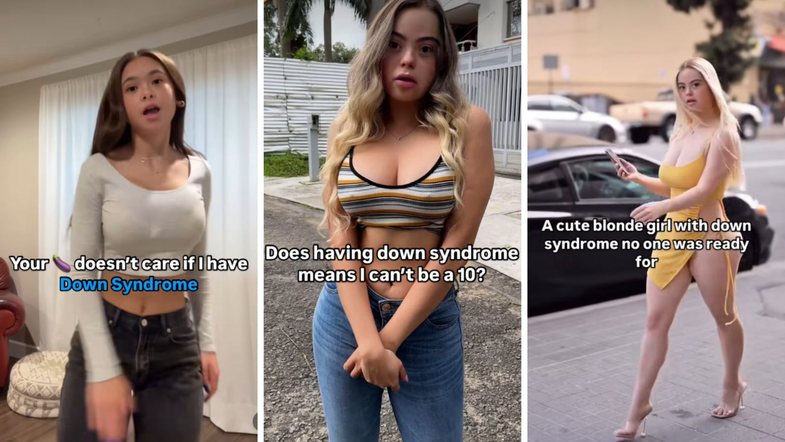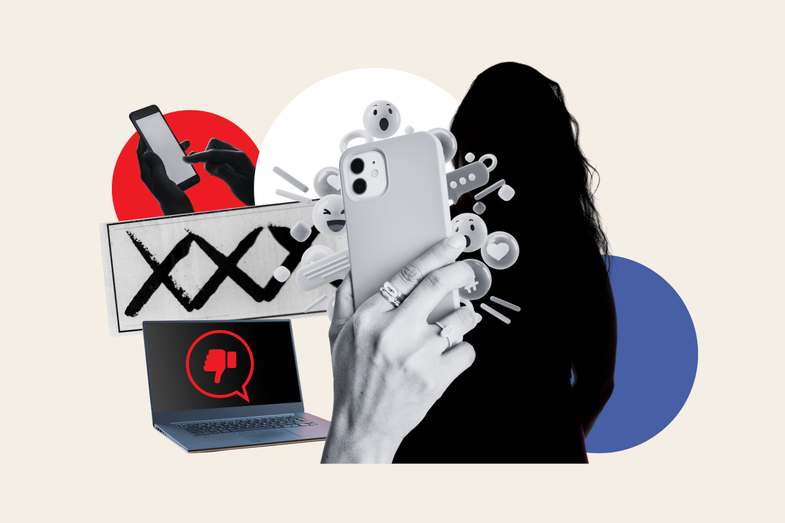
A disturbing trend is spreading on social media, where content creators are using artificial intelligence (AI) filters to simulate the appearance of someone with Down syndrome, creating videos with suggestive or sexualized content. Such videos feature text like: “Is Down syndrome a barrier for you?” or “Would you date a girl with Down syndrome?” — ??but the person in the video neither exists nor has Down syndrome.

This phenomenon has sparked strong reactions from disability rights communities. The president of the National Down Syndrome Society in the US, Kandi Pickard, expressed disappointment at the increased use of these filters, noting that the identities of people with disabilities are being exploited for financial gain.
Some of these accounts direct followers to paid pages, such as OnlyFans or Telegram groups, where the content becomes even more explicit. Meanwhile, representatives of OnlyFans have stated that such content is not allowed on their platform and is not part of the service.
The dangers and harm of false representation

Experts in ethics and artificial intelligence have warned of serious consequences. Dr. Amy Gaeta from the University of Cambridge pointed out that this phenomenon not only sexually fetishizes people with Down syndrome, but also presents the disability as an object of ridicule or shame.
“Content creators who do not live with a disability turn it into a ‘costume’ to gain attention and revenue. This is a form of commercialization of disability,” said Dr. Emily Springer.
Another major problem is the increased risk for women with disabilities. According to the CDC, two in five women who are victims of rape had a disability at the time of the incident. Experts warn that the hypersexualization of women with Down syndrome in fake content could lead to more violence and discrimination against those who actually suffer from the condition.
Why is this dangerous and what can be done?
The use of AI to simulate the appearance of a person with Down syndrome, especially in a sexualized way, is for many experts a clear example of ethical abuse of technology. As AI filters and “deepfakes” become more widespread, platforms and technology developers face calls for greater accountability.
“The line must be drawn where the disability, identity or experience of an entire group of people is exploited for personal gain,” added Dr. Gaeta.
Ultimately, the voice of people with Down syndrome themselves should be at the center of this issue. “Only those living with the condition should be speaking out about it,” Pickard concluded.
Suggested articles:
Source: Newsweek





